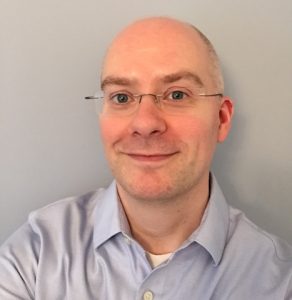Look out, Versace and Dior. Professor Demetri Terzopoulos was recognized at this year’s Academy of Motion Picture Arts and Sciences Scientific and Technical Awards for helping clothe such computer-generated movie stars as Yoda and Gollum. Terzopoulos, of computer science and electrical and computer engineering, received a technical achievement award, along with Microsoft principal researcher John Platt, for animation technology that makes simulated cloth look and move like real fabric.
Zoology professor Locke Rowe was awarded one of six 2006 NSERC Steacie Fellowships. Rowe’s work, drawing heavily on laboratory and field studies, suggests that over evolutionary time, the predatory reproductive strategies that pit male against female moulded the differences between the sexes we see today.
Professor Aaron Hertzmann, of computer science, and Professor Arun Paramekanti, of physics, won Sloan Research Fellowships, which recognize and support young scientists. Only eight of this year’s 116 fellowships, worth $45,000 (U.S.) each, went to researchers at Canadian universities.
He has received a number of Juno nominations in the past, but this year’s ceremony in Halifax was the best yet for Professor Christos Hatzis, of music, who won in the classical composition category for his String Quartet No. 1 (The Awakening).
The inaugural LGBTOUT Student Awards recognized outstanding contributions to the lesbian, gay, bisexual, transgendered and queer community. Suzy Yim, of psychology and zoology, and Matthew Strang, of physical education and health, each received $1,000. Yim is a member of the Toronto women’s bathhouse committee, a facilitator for Teens Educating and Confronting Homophobia (TEACH) and a counsellor for the U of T Sex Ed Centre. Strang is chair of queer@St. Michael’s College, a group he helped found. He was also active with the university’s positive space committee and 2005’s Queer Convergence conference.
Recent Posts
People Worry That AI Will Replace Workers. But It Could Make Some More Productive
These scholars say artificial intelligence could help reduce income inequality
A Sentinel for Global Health
AI is promising a better – and faster – way to monitor the world for emerging medical threats
The Age of Deception
AI is generating a disinformation arms race. The window to stop it may be closing




